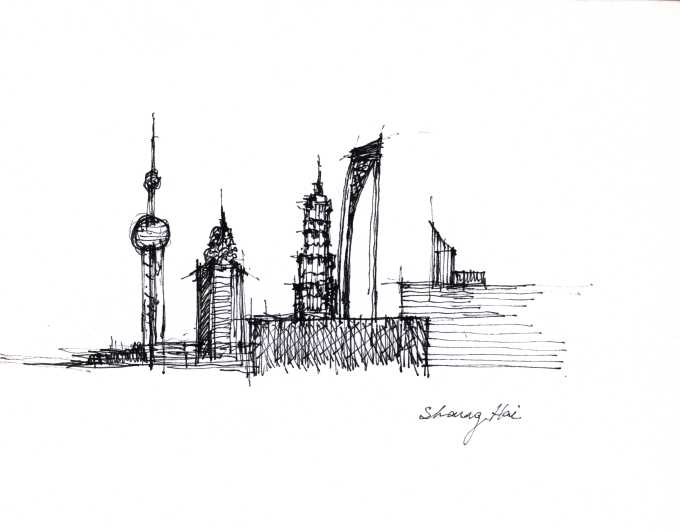I am far from the nightmares of that Chilean right that demonises the confused proposals of the maximalist left, imagining that the latter would want to destroy Chile. I do not believe that. But I see a certain left with systemic confusion in their constitutional thematic enthusiasms; well-intentioned, but neglecting the effects on the very complex network of areas of their own development dreams. Societies for their well-being must harmonise as a complex system.
I draw on my trip to Shanghai the skyscrapers of private investors on Chinese state land. A very complex model of society that makes it possible to show off beautiful buildings by distancing them like sculptures because it uses state land in a way that the free-market business would not achieve. But it is sustained authoritarianly because the single party controls all aspects of social and personal life, with that iron rule of the imperial China of always, without equality, democracy or freedom and a lot of poverty. I know that nobody in Chile imagines something like that, but every time I think of a different model of society, I think of how difficult it is to harmonise our own, with our history and present demands, in the constitutional debate.
The original subjectivity of the Chilean “social outburst”, of the righteous anger with the past, is based on objective diagnoses that consolidated a social “climate” that deluded to the point of
to the point of disarticulating the complexity of the founding bases that a New Constitution demands. The thematic particularism, which is maximised in the constitutional proposals, hinders a harmonious conception. This is encouraged, without measure, by those who continue to believe in the magic wand of “sharpening the contradictions”, repeating diagnoses that do not constitute remedies no matter how much they repeat them.
remedies no matter how much they reiterate them.
Only a system of interacting ideas would allow for a development strategy, ideologies and political programmes that democracy will choose. Getting it right does not require more biological age but political maturity.
Objectified subjectivity, as an atmosphere of passion for change, overabundant idologised constitutional proposals disjointed from a harmonious project; they do not achieve constitutional coherence and even less so for future laws and decisions that satisfy the just yearnings.
The serious thing is that the exacerbated expectations of an illusory rhetoric, installed in the debate and in the constitutional letter, could end in a constitutional celebration of its creators and in the frustration of society and especially of those who have the least.










